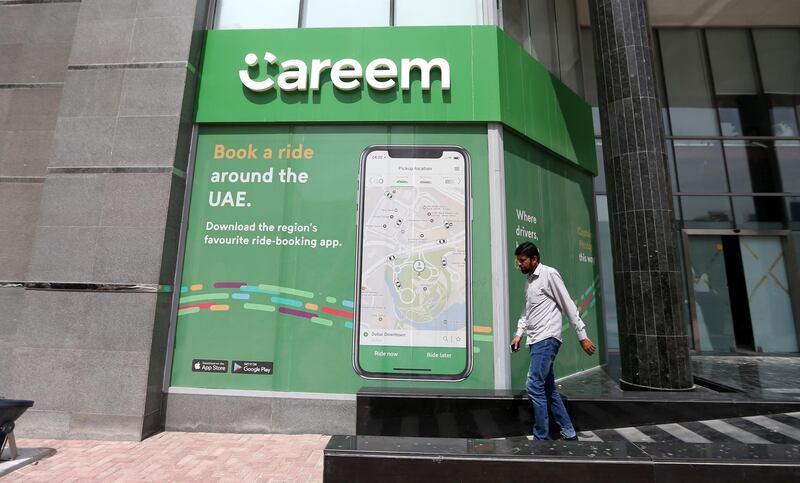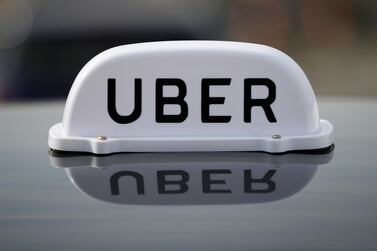Four months after announcing its food delivery service, Careem is expanding the offering to Riyadh, as the company develops its platform beyond ride-hailing.
Careem Now app connects users with nearby restaurants and allows real-time tracking of food deliveries. Following expansion into the Saudi capital, the company said it will launch next in the Pakistani city of Karachi and Jordan's capital, Amman in the coming months.
“Only 15 per cent of the food delivery market in our region currently operates via app," said Adeeb Warsi, managing director of Careem Now. “The idea of having to call up a restaurant and read out a list of items and hope it’s all written down correctly, are increasingly over. Ordering by app is how the industry is moving."
Uber, which agreed to acquire Careem for $3.1 billion (Dh11.39bn) in March in the biggest such deal in the Middle East, operates its food delivery service Uber Eats in 19 countries, including Saudi Arabia.
The US transportation giant emphasised the overall opportunity for delivery in its IPO filing. It said the growth of the service – at 77 per cent year-on-year since 2013 – is far outstripping the consumer food service market, which grew 5 per cent over the same period.
“We expect that the home delivery market will continue to grow as a result of the convenience that it provides consumers,” Uber said.
“We also believe that home delivery can address a portion of the $2 trillion eat-in restaurant spend, as more consumers choose to have prepared meals from restaurants delivered."
Careem is following suit.
"The younger generations are driving digital ordering – which in the US is growing three times faster than dine-in traffic – and it’s a trend we believe is coming here,” Mr Warsi said.








